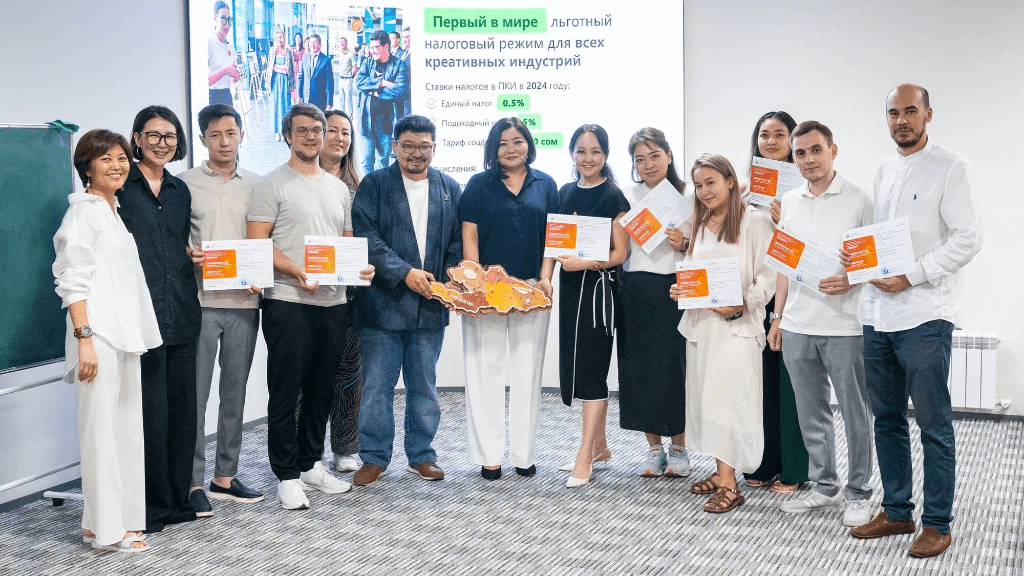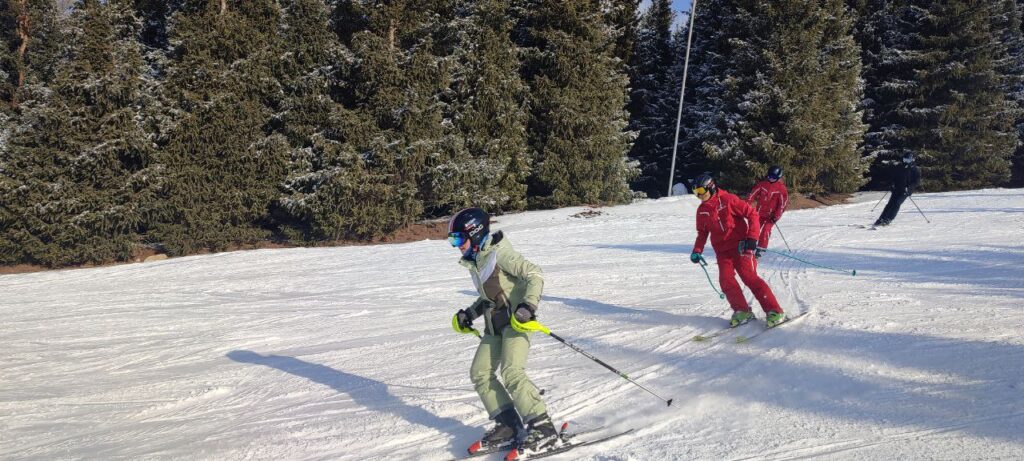Kazakh Singer Dimash Kudaibergen Named UN Global Goodwill Ambassador
On December 8, during the annual session of the International Organization for Migration (IOM) Council in Geneva, world-renowned Kazakh singer Dimash Kudaibergen was officially appointed a Global Goodwill Ambassador. The announcement, highlighted on the artist’s official website, reflects his “long-standing commitment to supporting people in crisis situations.” Kudaibergen had previously served as the IOM’s Regional Goodwill Ambassador since 2024, using his global platform to raise awareness about the challenges facing migrants, promote their integration, and participate in various humanitarian efforts. His engagement with the IOM deepened in 2025. The artist took part in the organization's Ramadan campaign, voiced strong opposition to human trafficking, and met with IOM Director General Amy Pope to reaffirm his support for ongoing humanitarian programs. Throughout his global “Stranger” tour, Kudaibergen championed messages of inclusivity and sustainability, performing in cities including New York, Mexico City, Barcelona, London, and Berlin. More than 100,000 attendees around the world heard his call to support the IOM’s mission. His performance of the iconic composition “S.O.S d’un terrien en détresse” at the Council meeting became an emotional highlight of the session. “Dimash uses his voice not only to touch the hearts of his listeners, but also to help people affected by crises to be heard and seen,” said Pope, praising the artist’s impact. Addressing member state delegations, Kudaibergen said, “Receiving the title of Global Goodwill Ambassador is an incredible honor. I accept it with great humility and a strong sense of responsibility.” The IOM, established in 1951, is the leading intergovernmental organization in the field of migration and joined the United Nations system in 2016. Over the years, other UN Goodwill Ambassadors have included Angelina Jolie, Shakira, David Beckham, and Lionel Messi. Dimash Kudaibergen is a People's Artist of Kazakhstan (2023) and Kyrgyzstan (2025). Known for his extraordinary vocal range spanning seven octaves and seven semitones (G0 to D8), he blends pop, opera, and traditional Kazakh musical elements in his performances.






